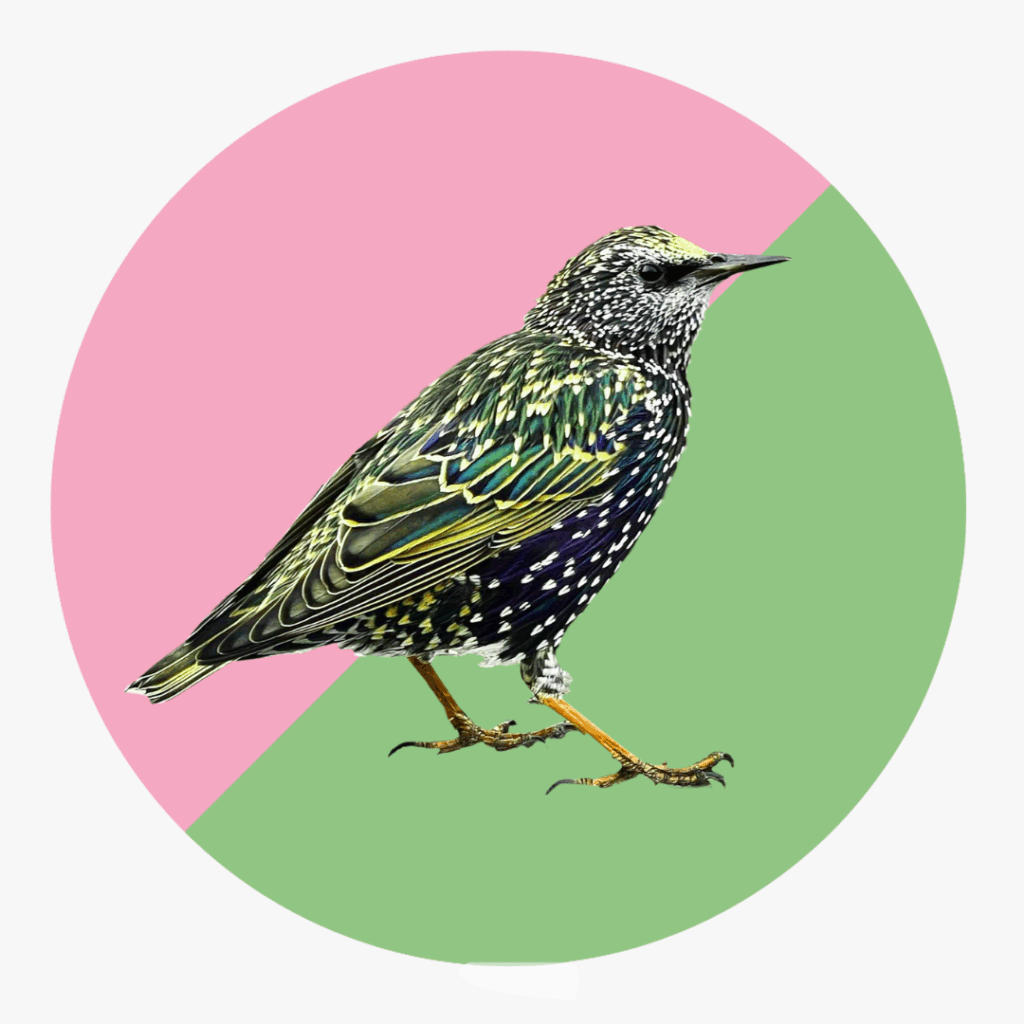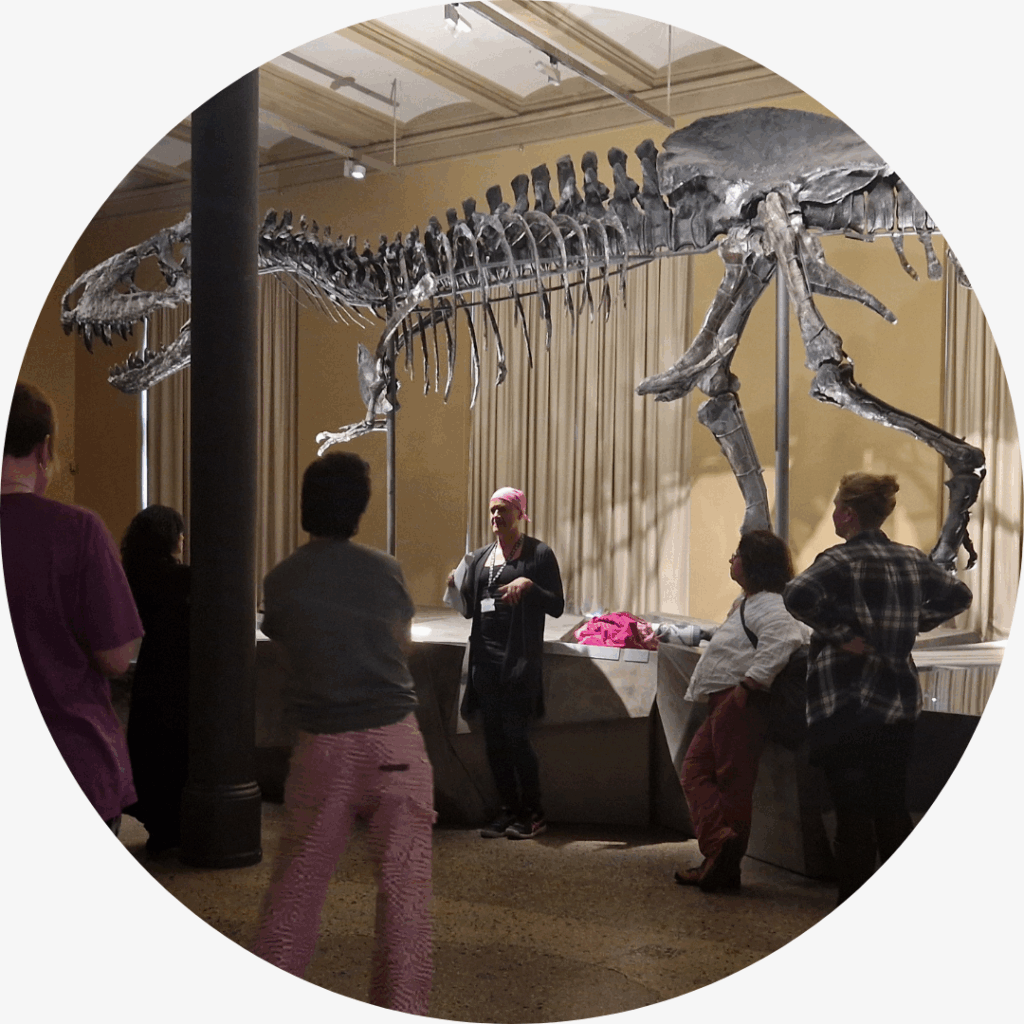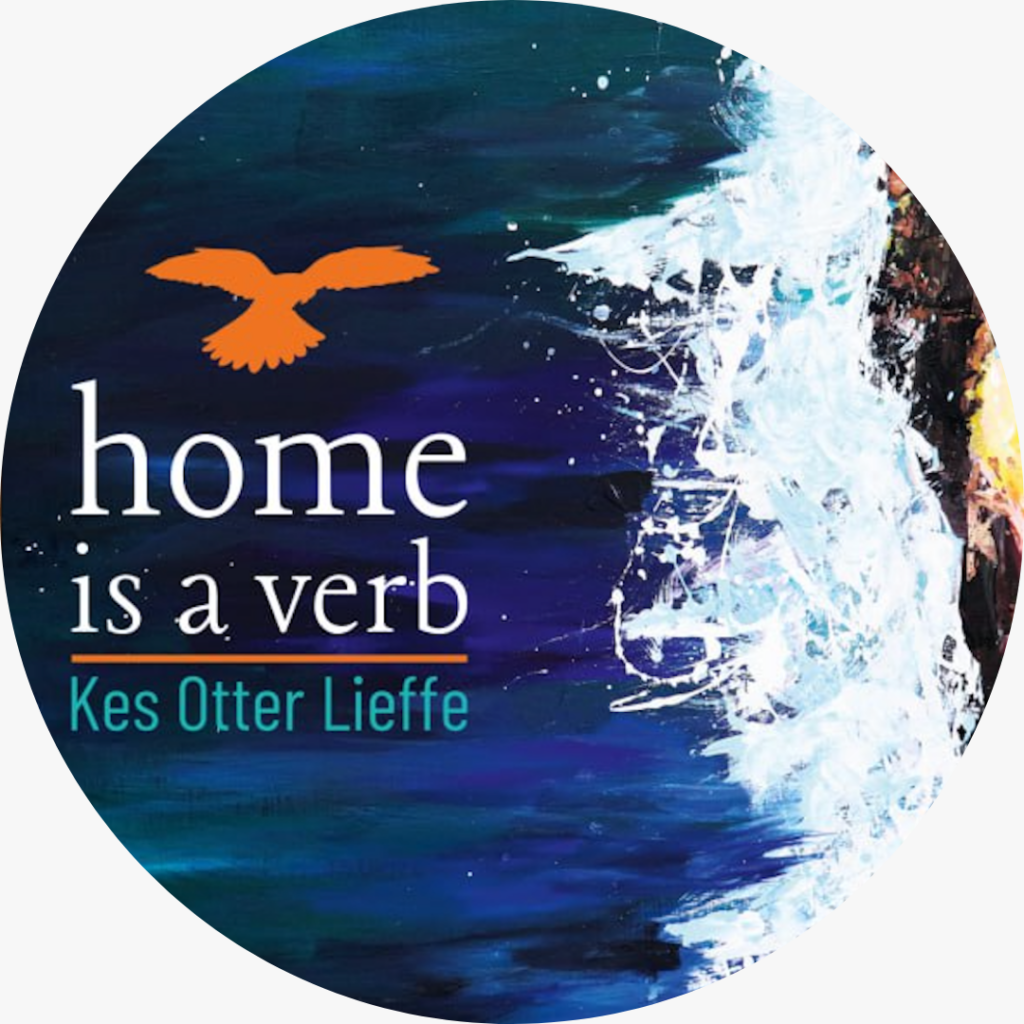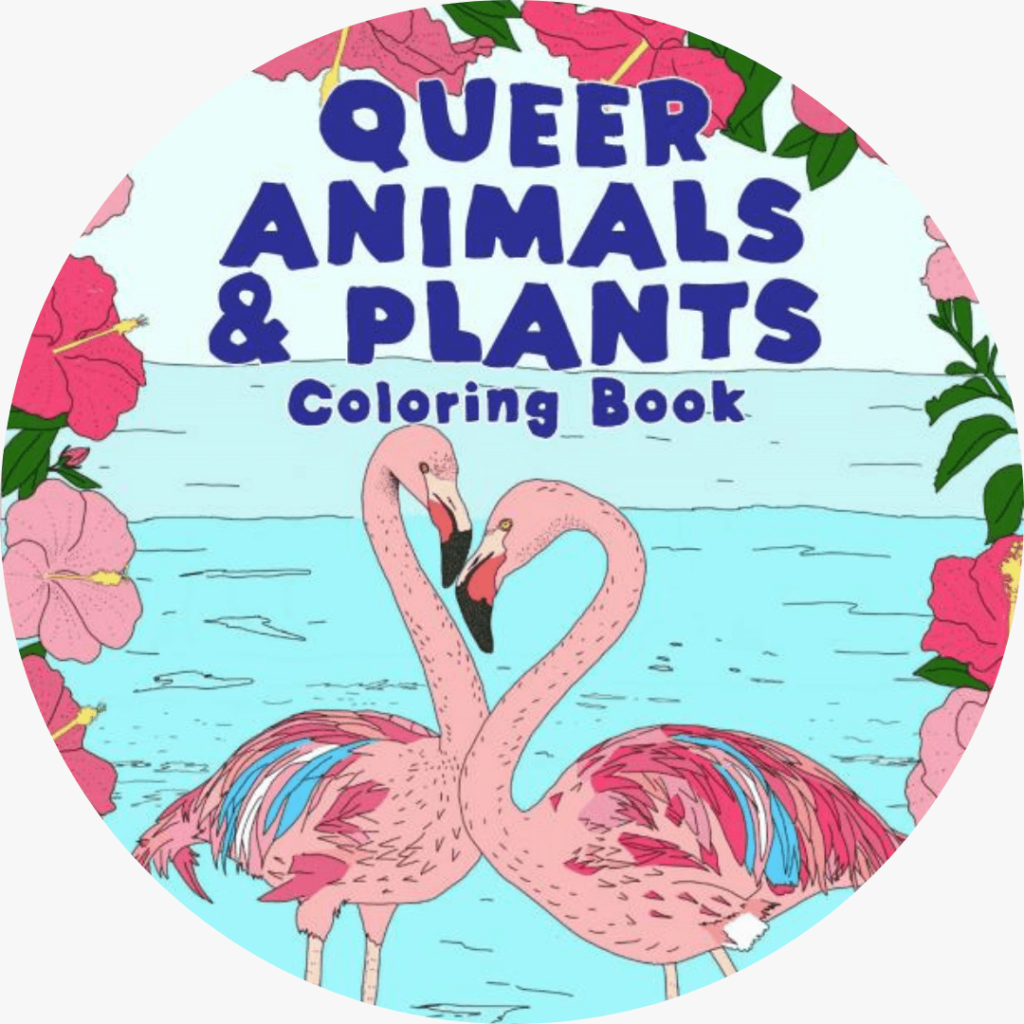Queer liberation and environmental defence are deeply connected.
I’m proud to be both an ecologist and queer community organiser living out on the land. I love writing and teaching about queer ecology, telling the stories of diversity, the natural history of queerness that has been hidden and erased. I’m excited to make new connections between grassroots struggles and to be reminded that we are all interwoven and interconnected, each of us a multi-species community.
Discover more at https://pinkgreen.substack.com/
In 2024, I had the honour of consulting for the Queering Nature tour at the Berlin Natural History Museum. You can follow the digital tour (which I narrated in the English version) or join me for a guided tour at the museum after closing hours. Reviewed here.
Next tour: 17th July 2025. And there’s a special outdoor tour for free on 1st July 2025
– book tickets here
Writing
My novels, and especially home is a verb, all have queer ecology themes in them.
You can also follow my Queer Ecology substack, Pink and Green or join my newsletter at the bottom of the page.
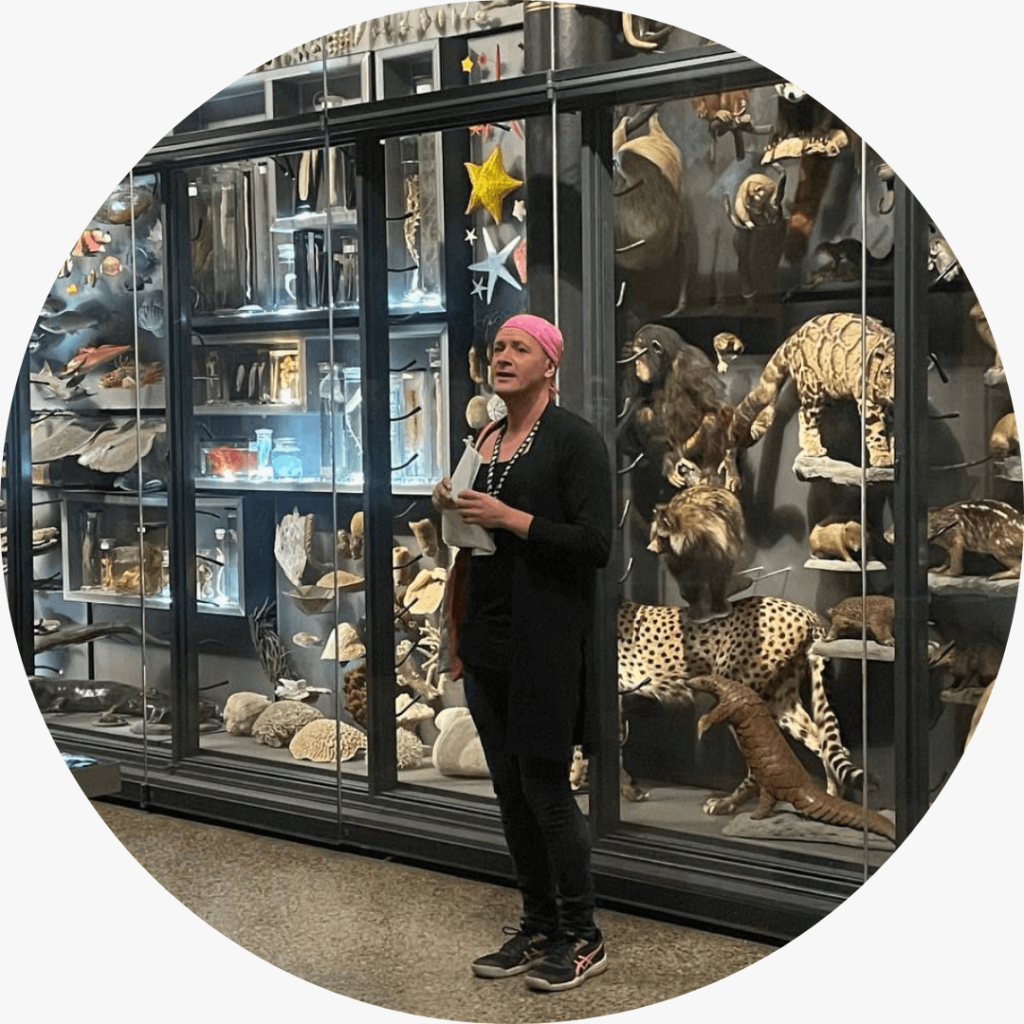
Workshops
I’ve been teaching for over twenty years and I regularly offer workshops and presentations to universities, organisations and grassroots community groups.
Colouring books
Along with illustrator, Anja Van Geert, I created the Queer Animals and Queer Plants zines and a full-sized colouring book published in March 2023. The perfect gift for all your friends who love queer animals and plants!
What is queer ecology?
Like most queer subjects, queer ecology is being constantly defined and redefined. It can be something academic and abstract or it can be rooted in community and grassroots struggles for land and liberty. It can connect science, philosophy, politics, it can be gloriously geeky and it can also teach us something about who we are and where we belong in our more than human community.
Who am I?
I'm a writer, the author of Margins, a trilogy of queer speculative fiction novels and home is a verb, a queer ecology novel. I've also written several short stories and a colouring book series on queer plants and animals.
I'm an ecologist and I've been involved in grassroots community struggles for over 20 years focusing on the intersections of class, queerness and environmental struggles, always trying to create radical alternatives to the oppressions of capitalism.
I write and organise from a working class, chronically ill, transfeminine perspective.
How did I get into this?
As so many young nature lovers, I grew up with wildlife programmes on TV. And I never once heard about bisexual red deer, sex-changing parrotfish or binary-smashing lichens. Complexity and diversity were reduced to simple stories of male bird meets female bird and does a little funky dance to impress her. They mate, they make little baby birds. And that apparently is the whole point of life.
As I began to research the few texts that exist on queer ecology, I discovered a world far richer than I could have imagined.
I've now been writing and teaching about this subject for years and I realise more each day that none of this is new. While the term queer ecology might be relatively new, among many Indigenous communities and others living closer to the nonhuman world than the industrial society that I grew up in this knowledge of more than human gender, sex and sexuality is ancient.

And here are some amazing Queer Ecology resources:
Atmos Earth – queer ecology section
Ayelet Hashachar – Clinical herbalist with a focus on trans feminine health
Biological Exuberance: Animal Homosexuality and Natural Diversity, Bruce Bagemihl
Decoloniality and anti-oppressive practices for a more ethical ecology. Christopher H. Trisos, Jess Auerbach & Madhusudan Katti, 2021
Evolution’s Rainbow: Diversity, Gender, and Sexuality in Nature and People, Joan Roughgarden
EZLN: A declaration for life. Zapatista communiqué outlining the connections between land struggles and queer liberation
Falling fruit. Falling Fruit is a massive, collaborative map of the urban harvest. By uniting the efforts of foragers, freegans, and foresters everywhere, the map already points to over a half million food sources around the world (from plants and fungi to water wells and dumpsters).
Growing Abolition – A social practice project encouraging us to imagine a landscape without prisons. The Abolitionist’s Apothecary+, an outgrowth of Solitary Gardens, is a traveling, community-driven strategy, and social practice dedicated to abolition, health-care sovereignty and collective healing.
Homosexual behavior in animals (Wikipedia) – How many species of animals are gay? How common is homosexuality in (non-human) nature?
Kolektyw Wilczyce – collective in Poland with a new Queer Ecology zine
Mapping Alternative Futures through Fungi: The Usefulness of Mycorrhizal Networks as a Metaphor for Mutual Aid, Maymana Arefin
Myco Manchester – Community mushroom farm and workers’ co-operative
Out on the land – The landworkers’ alliance supports trans landworkers
Permaqueer – An education outfit to support Queer, POC and other vulnerable communities through permaculture education. They offer a variety of courses in permaculture and the intersection of queer theory, permaculture and systems thinking with accessible options.
Ten animal species that show how being gay is natural (DW) – 10 of the gayest animals, from giraffes to lions to albatrosses.
The Science Underground, Mycology as a Queer Discipline, Patricia Kaishian
Queer Animals are Everywhere. Science is finally catching on (Washington Post) – This article by animal studies graduate student Eliot Schrefer highlights a recent surge in scholarship on same-sex animal behaviour.
Queer Ecologies: Sex, Nature, Politics, Desire
Queer Theory for Lichens, David Griffiths
Via Campesina, gender diversity in the peasant movement
Why is same sex sexual behaviour so common in animals? Kamath, A.; Monk, J.; Giglio, E.; Lambert, M.; McDonough, C., 2019
